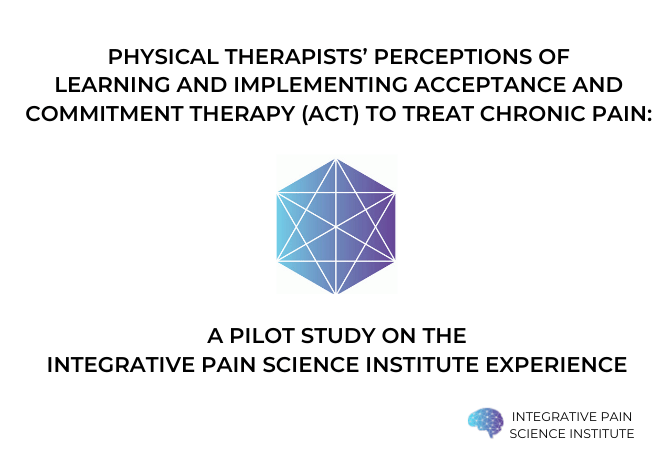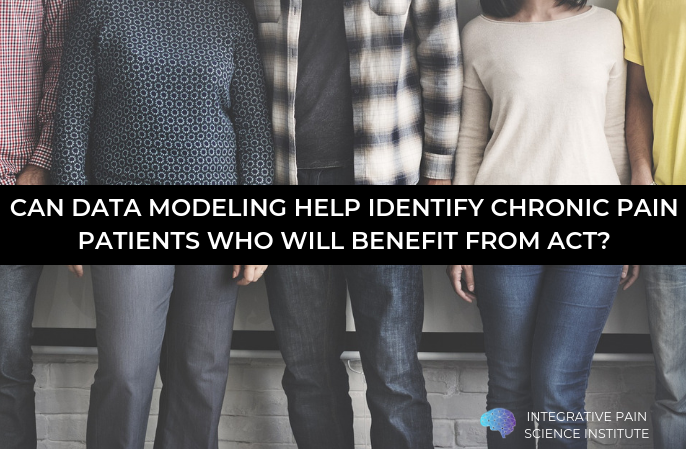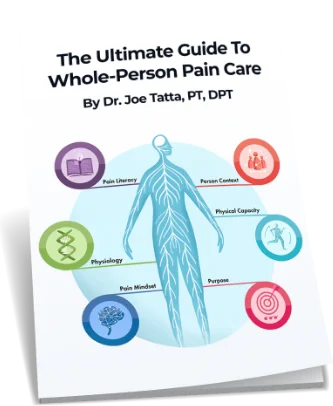The Physical Therapist’s Role in Behavioral and Mental Health: A Turning Point For the Profession and Opportunity to Promote Mental Wellbeing

Each May is Mental Health Month, a time to raise awareness and take action to improve individuals and societies’ mental health and wellbeing. In 2020, the American Physical Therapy Association House of Delegates passed position #P06-20-40-10: “It is within the professional scope of physical therapist practice to screen for and address behavioral and mental health […]
Combining Yoga with Acceptance and Commitment Therapy for Mental Well Being and Psychological Flexibility

The college-age population is increasingly suffering from psychiatric and behavioral issues. In the United States alone, up to 25% of students have been diagnosed with or treated for some type of mental illness.1 Further, an estimated 37% of college students suffer from clinically significant levels of depression that can inhibit daily function. Although treatment for […]
Physical Therapists’ Perceptions of Learning and Implementing Acceptance and Commitment Therapy (ACT) to Treat Chronic Pain: A Pilot Study on the Integrative Pain Science Institute Experience

Chronic pain presents a physical and psychological burden for millions of Americans, and is a global health pandemic. This burden has been worsened by the widespread emphasis placed on a biomedical approach that largely neglects to address the psychosocial components and processes of chronic pain. This omission has led to poorly managed pain, the chronification […]
Can Data Modeling Help Identify Chronic Pain Patients Who Will Benefit from ACT?

Chronic pain affects not only physical, but also psychological and social aspects of daily life. At a time when millions of Americans are affected, and its prevalence continues to rise worldwide, effective treatments are sorely lacking. The way people cope with chronic pain can greatly influence its impact on mental health, social interactions, and physical […]

